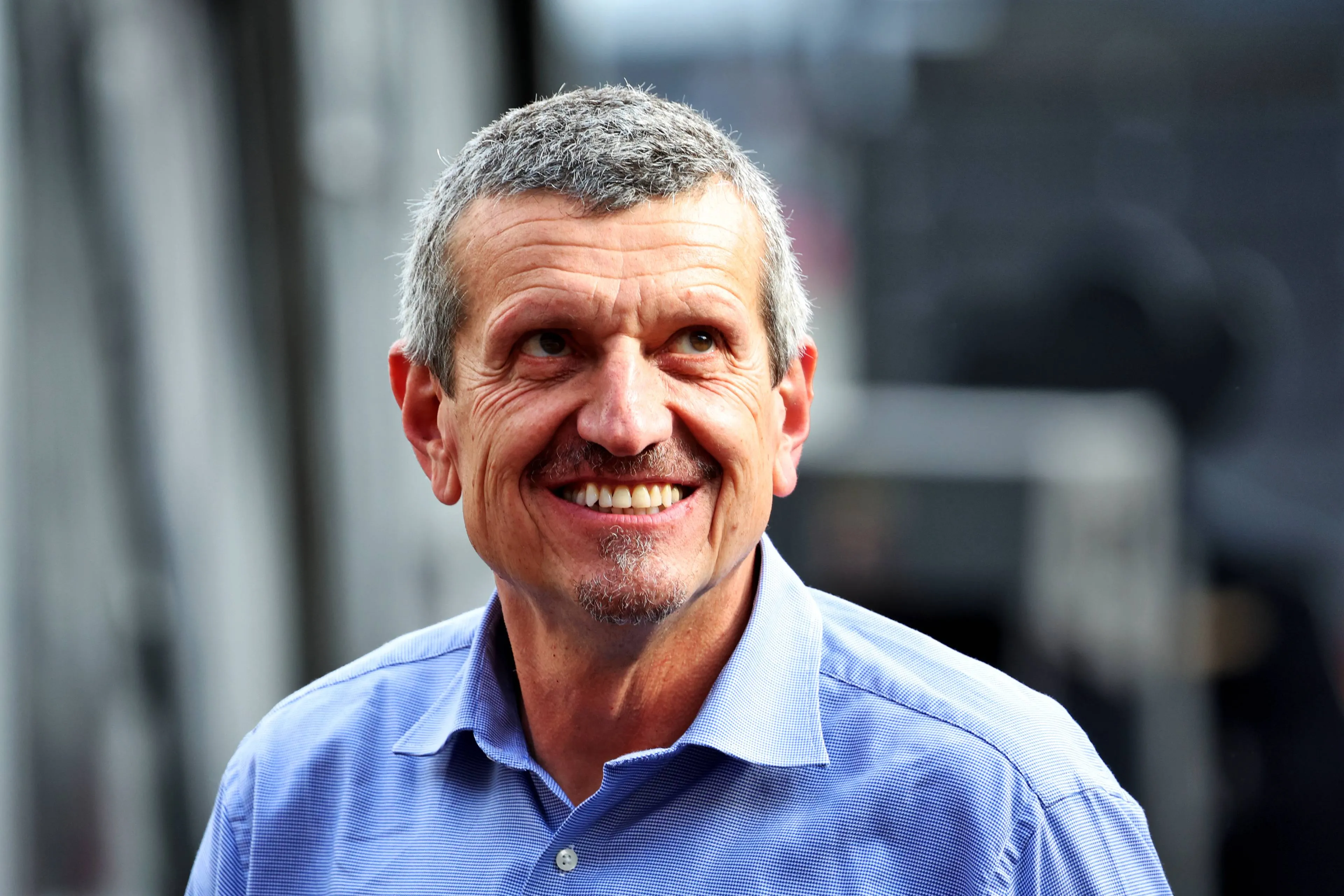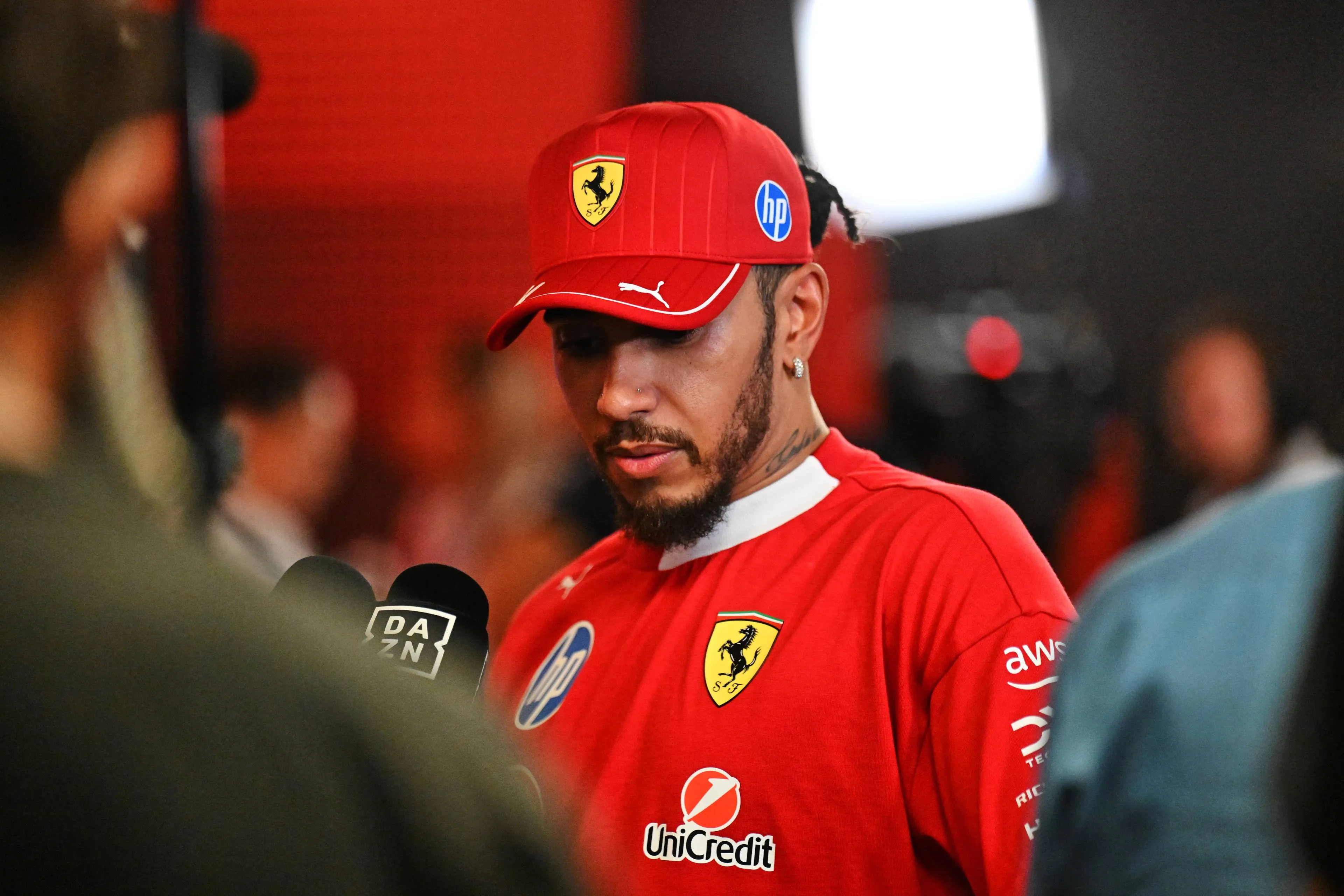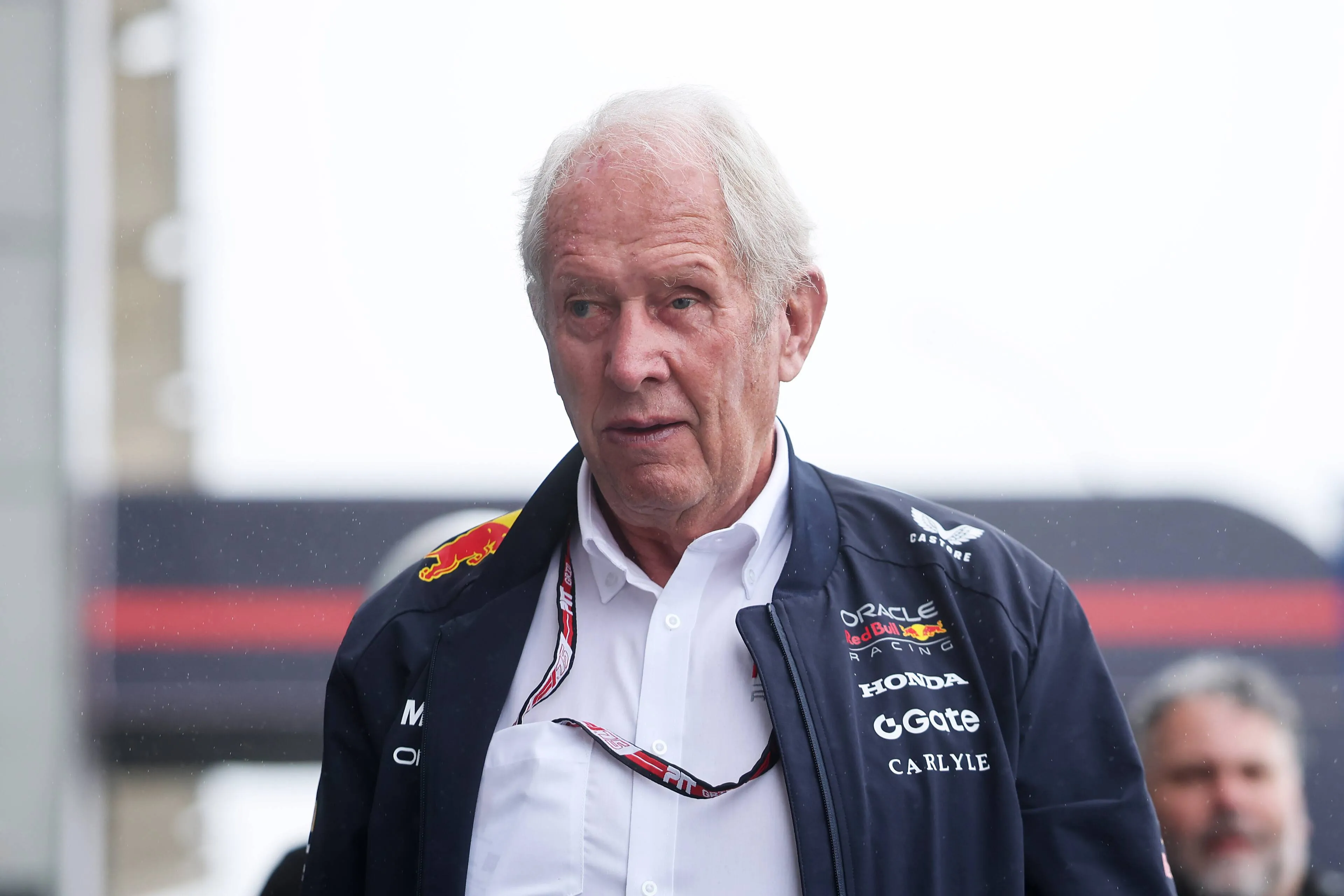Guenther Steiner
Guenther Steiner
Cursing and ranting is what Guenther Steiner has become most known for because of the Netflix series ‘F1: Drive to Survive’. In 2024, Steiner's Haas contract wasn't renewed, and he left the team he helped start. A former team boss who smiles a lot and creates smiling faces.
Racing experience from rallying years
Although he’s never been a driver himself, Guenther Steiner started life as a mechanic in motorsport. The Italian-born (with a heavy Austrian accent) started his career in racing in 1986 by joining Mazda's WRC team. A few years later, Steiner had earned his stripes and became the technical manager at Jolly Club, before winning the European Rally Championship as manager at Prodrive.
The transition to Formula 1 followed in 2001, after Steiner completed a successful period with Colin McRae and Carlos Sainz (senior) in the rally championship. Together with Niki Lauda (team boss), Steiner is at the helm of the Jaguar F1 team. However, the duo can't turn the tide for the British side sufficiently.
Within a few years, Lauda would be cast aside first, before Steiner suffered the same fate. After a period at Opel, the Italian returned to Jaguar, now taken over by energy drinks manufacturer Red Bull. Together with Christian Horner, significant improvements were made and the former Jaguar performs considerably better. When designer Adrian Newey is snapped up from McLaren, Steiner received an offer to work in the US as technical director for Red Bull's NASCAR team: Steiner jumped at the opportunity.
American success in Formula 1
Steiner's work for Red Bull came to an end after a few years, but the Italian remained very busy. His interest was then piqued by the possibility of setting up his own F1 project with Gene Haas (of the successful NASCAR team).
The idea of Haas F1 was simple: instead of having to recruit hundreds of staff and having a huge problem every time someone is taken by a competitor, work with a small group of people. Parts that can be outsourced are bought and the engine supplier provides the power. The result is Haas F1: a small team that within a few years could compete with the teams in midfield, even though they had been competing in Formula 1 for years.
Success, but not without problems
Steiner and Haas' approach was a good one from the 2016 season, the first year in which Haas appeared on the grid. Veteran Romain Grosjean took all the points for the team that season, in which the American side finished eighth in the championship. A great result that was repeated a year later, with Kevin Magnussen instead of Esteban Gutiérrez next to Grosjean. The Dane also regularly picked up points, making the final score in 2017 considerably higher than the previous year.
Haas' big step under Steiner would be taken one year later in 2018. The American team took a leap but it turned out to be smoke and mirrors. In Australia, Haas seemed to benefit from a slow start from Red Bull Racing. However, the day ended (as can be seen in Drive to Survive) with disappointment: Grosjean and Magnussen drop out after disastrous mistakes during both pit stops as the wheels aren’t bolted on properly.
2018 ended in an impressive fifth place, just behind the much larger Renault works team. Another season later and Haas experienced the big disadvantage of outsourcing parts: having to make quick adjustments to get the car on track.
While the 2019 season might have been a year to forget, Guenther Steiner knows better than anyone that it sometimes takes a step back to make a leap forward. The rules remained pretty much the same in 2020, and so will Pirelli's rubber. Under the leadership of the Italian, Haas continued the search for success.
Downward spiral
The new regulations introduced in 2022 didn't help propel Haas forward. In fact, the team slowly dropped back and fell behind in the development race. After the 2023 season, where they finished last in the standings, Gene Haas decided not to renew Steiner's contract.
Popular on GPBlog
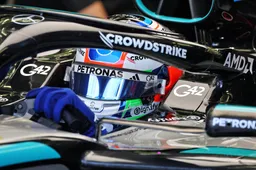
1
F1 LIVE | Antonelli beats Piastri as Mercedes top timing charts on Day 2
3824 times read
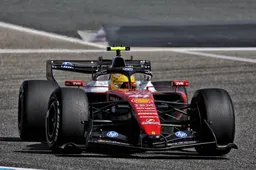
2
Ferrari’s radical rear wing concept leaves F1 commentators stunned
1524 times read
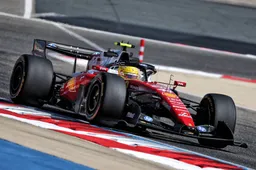
3
Mercedes flex muscles again in Bahrain as Ferrari face first warning signs
998 times read

4
Surprising turnaround from Norris: 'I completely agree with Verstappen'
955 times read
Loading
